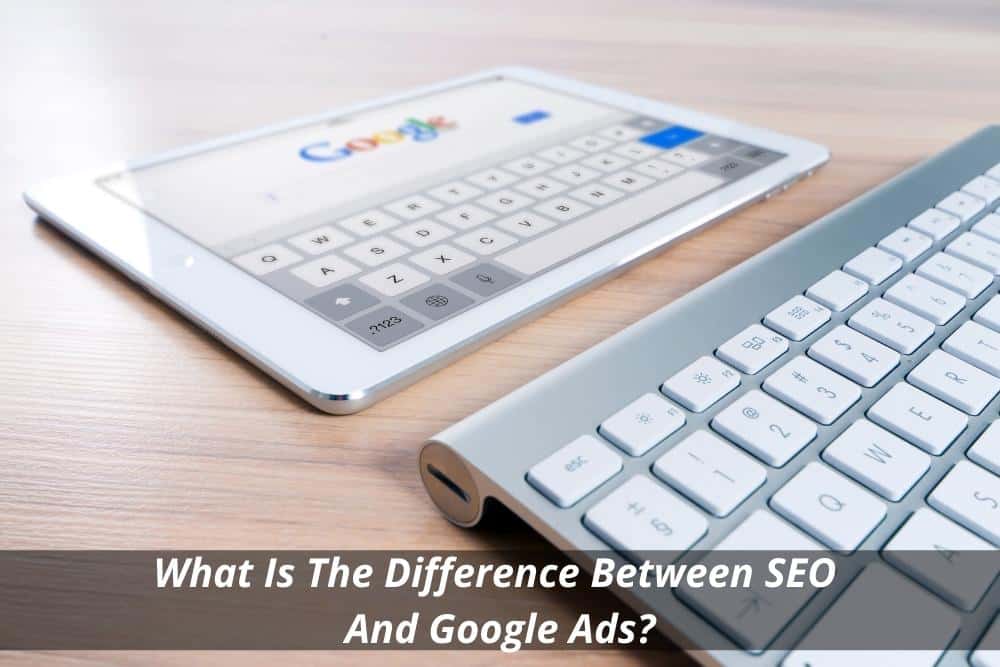Search Engine Optimization (SEO) is the practice of improving the visibility of websites or web pages in search engines such as Google, Bing, Yahoo, etc. SEO specialist involves in both technical SEO aspects and digital marketing strategies, SEO Agency Sydney can help through.
Google Ads is a form of paid advertising where advertisers pay Google directly to display their advertisements on certain websites. This type of advertising has become very common over the years because it allows businesses to reach potential customers at little cost.
There are two main types of Google Ads: Display and Search Network. The former displays ads on specific sites, whereas the latter places them across multiple platforms. In addition, there are also other forms of paid advertising such as Facebook Ads, Twitter Ads, LinkedIn Ads, Instagram Ads, etc.
Agency can help you design your Google Ad campaign by suggesting keywords, setting a budget and bidding strategy and managing your account.
We have been providing SEO Agency Sydney Wide services for clients worldwide. Our professional team will optimize your website so that it can be found easily in significant search engines like Google, Yahoo! and Bing – which means more visitors to your website. We use White Hat methods to provide our clientele with outstanding SEO results.
White hat SEO basically refers to creating quality content and using this information to rank high in organic search listings. It’s important to note that although this technique works well, there are some things we cannot do to improve rankings such as link-building tactics and buying links.
How does SEO work?
Many people think that SEO only includes writing great content and publishing it on various websites. But, SEO covers much more than that. To get started with an effective SEO campaign, it’s best to create a plan that outlines both short-term and long-term goals. You’ll need to begin by understanding how different search engines like Google, Bing, and Yahoo work, and then decide which areas you want to focus on when optimising your site.
The most common way to find relevant keyword research is through conducting competitive analysis. This process entails analyzing websites similar to yours using tools like SEMrush. You can conduct a free trial of this tool here.
Once you have a list of keywords that are relevant to your company, see if they’re already ranking on any SERPs. Try submitting these terms using the built-in Google Keyword Planner if they don’t appear anywhere. If they still fail to show up, keep refining your list until you identify a few strong keywords.
The next step is to create a list of landing pages, each designed to target a specific keyword. Landing pages often include CTAs (Call-to-Action buttons), including calls to action like “Shop Now”, “Learn More”, or “Buy Now”. A/B testing different versions of these CTAs can help increase conversions.
After you have identified several landing pages based on keywords, it’s time to write your first piece of content. When writing the copy, make sure to avoid repetition and stay away from too many acronyms. While your headline should be engaging, remember to avoid clickbait headlines and writing about yourself; instead, talk about your product.
You can now submit your article to directories and social media outlets to spread the word further. There are thousands of directories out there, so take advantage of what works best for your business. Some of the most popular directories include Dmoz, Yelp, Yext, and Google My Business. These all offer benefits depending on your industry.
Once your article has been published, keep an eye on its performance over time. You should always monitor your backlinks and ensure no spammy links pointing to them. Also, make sure to check whether your competitors are targeting those same keywords.
If not, you may have some ground to cover. However, if your competitor isn’t reaching their targeted audiences either, see if you can reach them first.
One of the small businesses’ biggest mistakes is believing that paying for advertising will automatically bring them, customers. Unfortunately, this simply doesn’t work that way. In fact, paid online marketing strategies often cost money without producing results.
This means that organic traffic is much harder to come by. The reason is – companies spend a lot of money on traditional advertising such as television and newspaper ads, which rarely produce good results. This can also refer to spending money on things such as sponsored posts, classifieds etc, but failing to promote the website itself properly.
There are two ways to approach affiliate marketing: You can offer an affiliate program to others or you can sign up to be another business’s affiliate. As the business driving an affiliate program, you’ll pay your affiliates a commission fee for every lead or sale they drive to your website. Your main goal should be to find affiliates who are well-known in the marketplace the target consumers frequent. With digital information at hand, you can update your market research regularly to stay competitive.
How do Google ads work?
Ads on Google search results pages (SERPs) use an auction system that determines who will be shown in each position at what cost. This means that advertisers pay for their ad to appear when someone searches using certain keywords.
Google Ads allows advertisers to bid on specific keywords, phrases, and/or topics. An advertiser pays only when a user clicks on the displayed result.
The higher the quality score, the more likely an ad will show up in users’ search results. Quality Score is calculated based on factors like relevance and trustworthiness.
If you want to increase conversions and sales, then you need to focus on the right keywords. Start by identifying the keywords people would type into Google to find your products or services. Create content around these keywords, focusing on ranking for highly-competitive long-tail keywords.
You can create a campaign for any product or service you sell. For example, if you run an eCommerce store selling clothing, you could set up a campaign called “Clothing”. You’ll then select different options within the campaign, including how many times your ad appears per day, where it shows up in the SERP, and even how much you’re willing to pay per click (CPC).
Keywords are extremely important because they help determine where your ads will show up. They also tell Google what kind of content you’re trying to generate. So, choose carefully!
When you place a Google AdWords ad, you can specify a maximum daily budget. If you don’t spend enough money during a given period, you won’t get impressions from your ad.
Google Ads offers three types of campaigns:
- Search Network Campaigns – These allow you to advertise across all devices, including mobile phones and tablets.
- Display Network Campaigns – These let you target relevant websites that have agreed to display your ads.
- Remarketing – This lets you reach visitors who have already visited your site.
An effective AdWords campaign combines both Search and Display Network ads. It may include remarketing ads too.
To make sure your ads perform well, monitor your accounts closely. You can view reports, manage settings, check your performance history, and see what keywords and audiences are working best for you.
In addition to tracking your own data, you can also compare your AdWords account with other similar ones. This helps you understand what works best for them and gives you ideas about new strategies.
How do Google Ads differ from Facebook advertising?
Facebook ads are typically used to promote brand awareness, encourage social sharing, and provide customer support. Since most people use Facebook as a form of communication, this makes sense.
However, Facebook has recently begun offering paid advertisements directly through its platform. This includes things like “boosting” posts, which increase their visibility to friends, and sponsored stories, which appear in the news feed.
While Facebook ads are not nearly as customizable as those found on Google, they still give companies access to a large pool of potential customers.
Advertisers often combine Facebook’s targeting tools with their existing Google Ads strategy, using their Facebook page as another way to connect with customers.
So, while Facebook ads aren’t quite as powerful as Google Ads, they’re still worth considering for certain situations.
Why do I need a website?
Having a website allows you to build authority and credibility online. People looking for information about your business or industry will be able to find it easily on your website.
A website also provides a great opportunity to collect leads and grow your email list. With just one click, you can add subscribers to your mailing list.
And, there are plenty of free ways to host a simple website. Some of the most popular platforms are WordPress, Wix, and Weebly. But, if you want something more robust, you’ll probably need a web developer.
If you’re thinking about starting a small business, having a website is almost mandatory.


